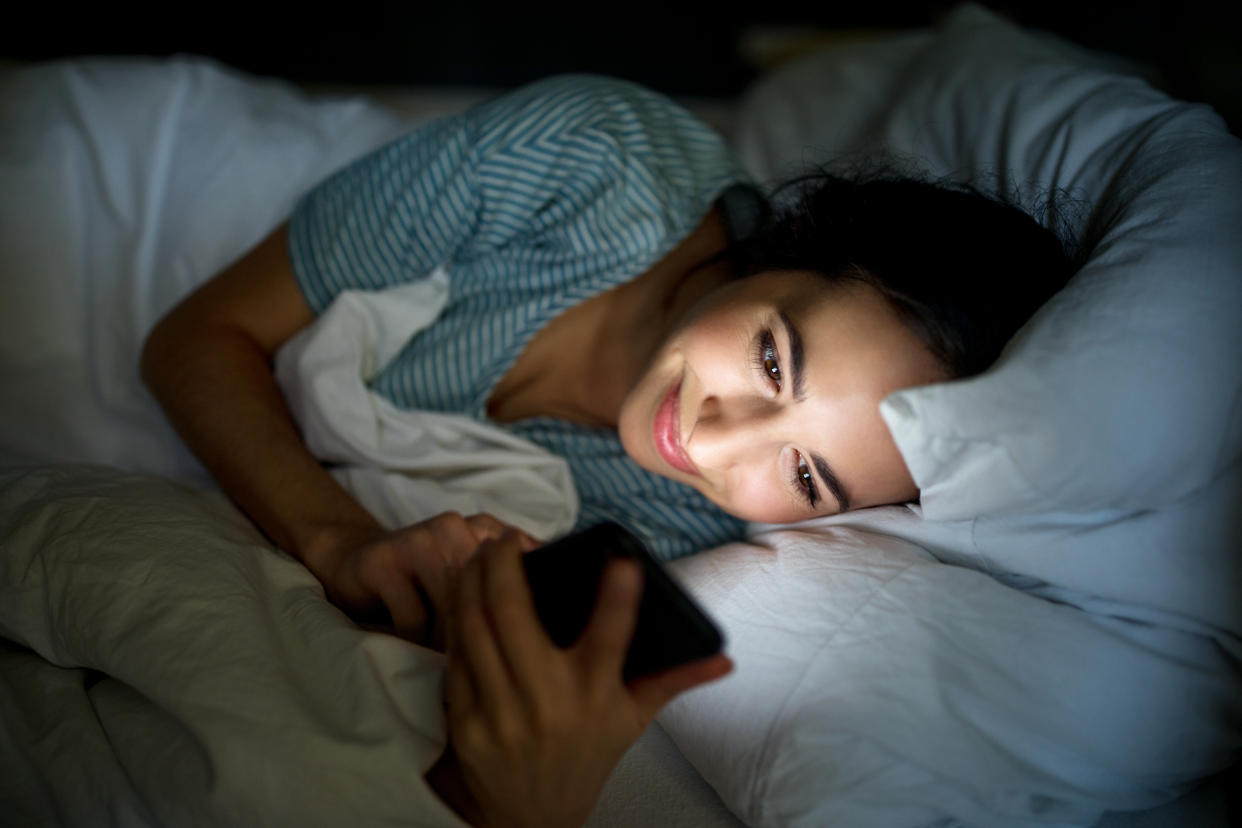Nine in 10 millennials 'can't sleep due to phone use just before bed'

Pity poor millennials, most of whom lie awake night after night because of their unfortunate habit of staring at their phones at bedtime.
Up to 86 percent of millennials reported trouble sleeping having been on their phone before laying down to sleep, according to researchers.
Not that the rest of us have any right to sneer, with one in four of us struggling to sleep due to spending time on smartphones just before bed.
Research suggests that as many as 12 million people in the UK could be affected by the problem.
READ MORE
Pet owner discovers ‘puppy’ is actually a fox
Binary Earth-sized planets possible around distant stars
Insects could die out in ‘worst exctinction since the dinosaurs’
NASA satellite captures incredible beauty of UK seen from space
Among older people, the problem is less acute, with only 9 percent of those aged 55 and over saying they had experienced sleep problems linked to phone use at night.
As well as the stress and excitement of internet entertainment, the blue light emitted by the screens in many devices disrupts your body clock, Harvard researchers found in a 2014 study.
Researcher Anne-Marie Chang said: ‘We found the body’s natural circadian rhythms were interrupted by the short-wavelength enriched light, otherwise known as blue light, from these electronic devices.’
Blue light
Lisa Artis, head of The Sleep Council, said: ‘While these results are not surprising, it is eye-opening to read that taking a phone to bed is causing sleepless nights for so many.
‘We know that blue light inhibits sleep because the short wavelength stimulates sensors in the eyes to send signals to your brain's internal clock, tricking it into thinking it's daytime. Blue light is beneficial in daylight hours as it boosts mood, reaction times and concentration but in the evening, the recommendation is to avoid screen time for an hour before bedtime to help increase melatonin levels.
‘For those who struggle to not use digital devices in the evening, it's important to look for technology that is helping to restrict blue light and we would encourage the need for tech companies to more mindful of this issue and work to find a solution.’
Kate Parkyn, head of EU strategy and UK marketing at OnePlus, which commissioned the research, said: ‘Technology should be there to improve life, not get in the way of it, or for that matter, a good night's sleep.
‘Which is why OnePlus is dedicated to helping people focus on what matters to them. It's led us to continue to invest in industry-leading screen technology, which has allowed us to bring a 90 Hz display with key features like the E3 panel, Dark Mode and Zen Mode, keeping distractions at bay by disabling access for up to 60 minutes.’

 Yahoo News
Yahoo News 

